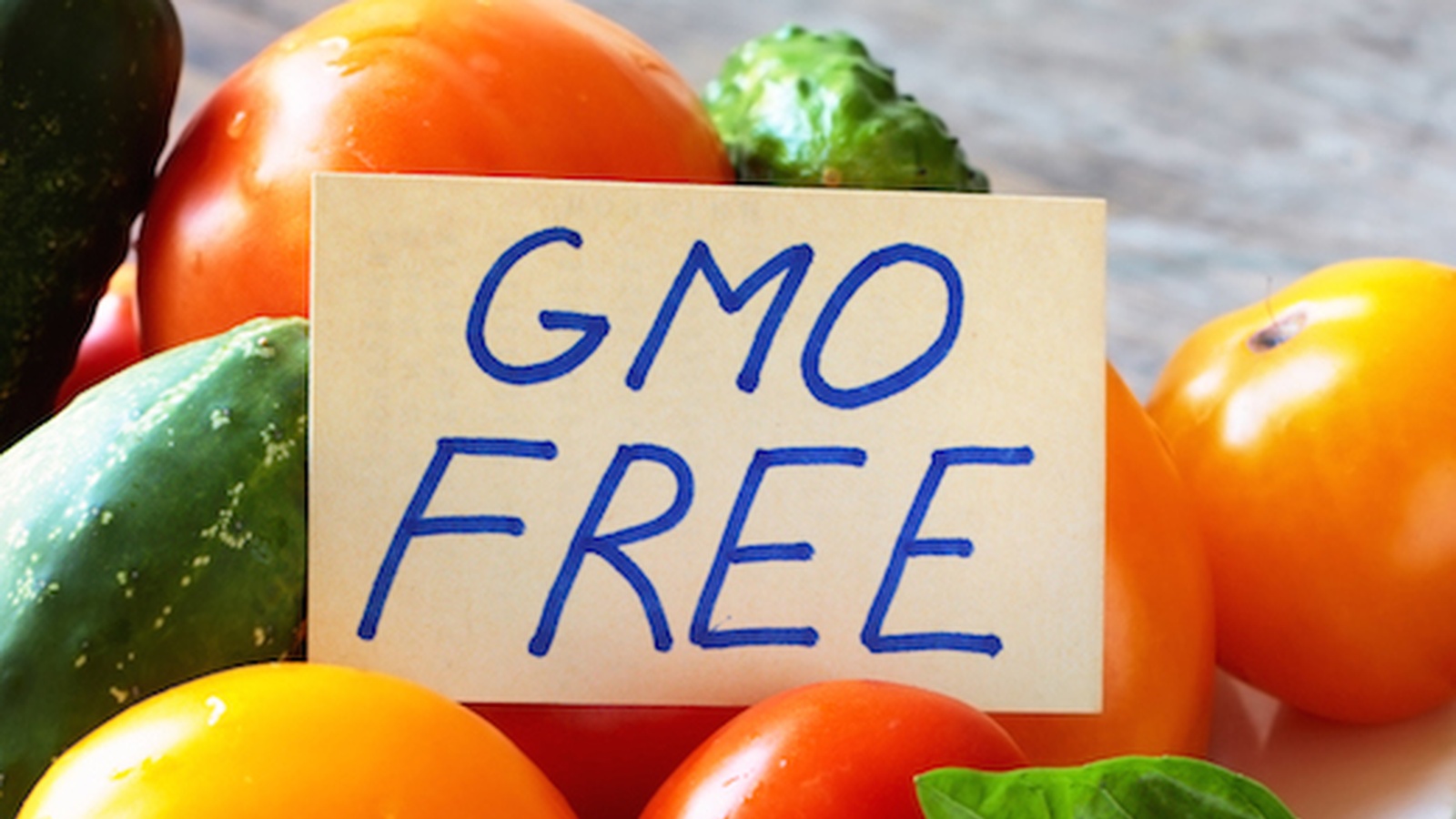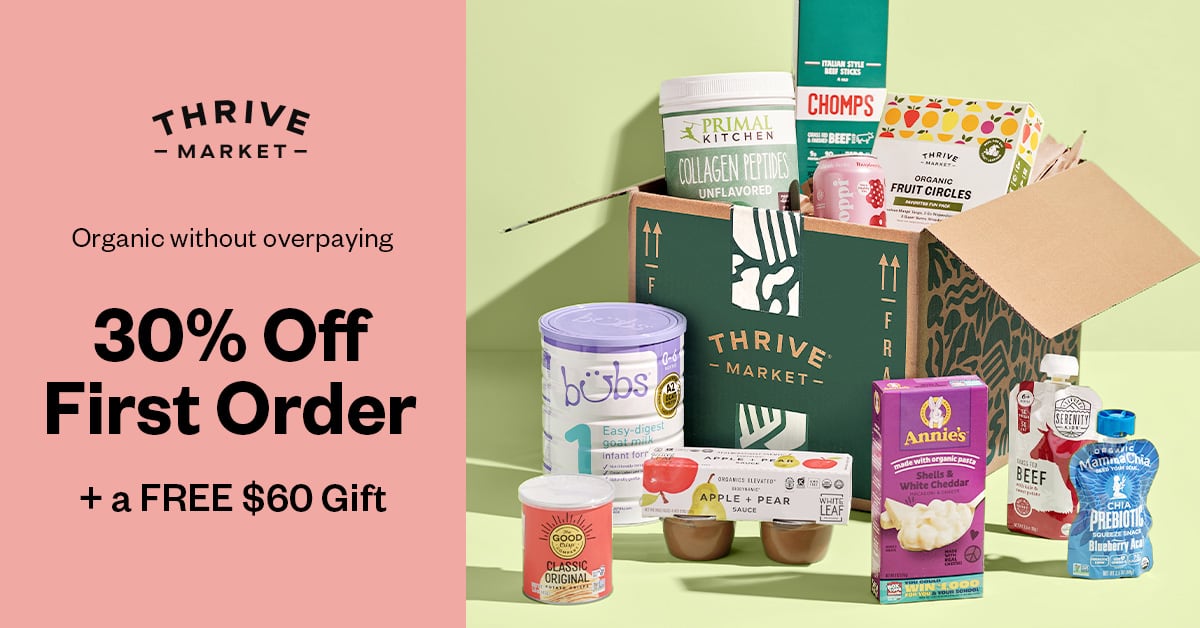5 Tips On How To Dine Out GMO Free
Genetically engineered foods have penetrated our food supply at increasing rates. Learn how you can avoid GMO's when dining out by knowing what questions to ask and what foods you're best to avoid.
If you have a favorite restaurant or cafe, and you eat there often, you should only need to ask these questions once. It's helpful to have a knowledgeable server or chef guide you through the menu to help you avoid GM foods.
However, once you become educated about where GMO's can be found, it's not too hard to identify the non-GMO options.
1. Ask The Question
A good first question is, "What oil do you cook with?" If the reply is "soy, cottonseed, canola, or corn oils" they are likely GM if they are not organic. If so, ask if they have anything that is cooked without oil, or if olive oil or some other oil (such as coconut oil) can be used.
If they say they cook in "vegetable oil" or margarine, it will almost always be soy, cottonseed, canola, or corn oils, which is what you want to avoid. If they have olive oil, be sure it's not a blend as many restaurants blend canola and olive oils.
2. Processed Foods and Packaged Sauces
Since most processed foods contain GM derivatives (corn and soy, for example), ask what foods the chef prepares fresh, and choose those items as a preference.
It is also worth checking if packaged sauces are used as these frequently contain GM derivatives.
Also try to avoid processed foods with the oils mentioned above, or with soy and corn derivatives, including: soy flour, soy protein, soy lecithin, textured vegetable protein, corn meal, corn syrup, dextrose, maltodextrin, fructose, citric acid, and lactic acid.
Other potential sources of GM foods at restaurants include: salad dressings, bread, mayonnaise, and sugar from GM sugar beets.
3. GM Dairy
To avoid dairy products from cows treated with genetically modified rbGH, in U.S. restaurants you will likely have to avoid menu items with dairy, unless the restaurant uses organic products or buys from a dairy that does not use rbGH. You will need to ask.
It's worth noting that rbGH is banned in the European Union, Canada, Australia, New Zealand, and Japan but not yet in the U.S.
(Note: rbGH is a genetically engineered artificial hormone injected into dairy cows to make them produce more milk.)
Also avoid the tabletop sweetener aspartame (NutraSweet® or Equal® which is now being rebranded as AminoSweet®), which is genetically modified.
4. Sneaky Sources of GM Foods
Most Hawaiian papayas are GM, as are small amount of zucchini and yellow squash. Ordering these products are a gamble. Food additives, enzymes, flavorings, and processing agents, including rennet used to make hard cheeses, can be GM, are harder to avoid.
It is also difficult to avoid meat, eggs, and dairy products from animals that have eaten GM feed, unless the restaurant uses organic, 100% grass-fed, or wild caught. Honey and bee pollen may have GM sources of pollen.
5. Other Sources of GMOs
Infant formula, salad dressing, bread, cereal, hamburgers and hotdogs, margarine, mayonnaise, cereals, crackers, cookies, chocolate, candy, fried food, chips, veggie burgers, meat substitutes, ice cream, frozen yogurt, tofu, tamari, soy sauce, soy cheese, tomato sauce, protein powder, baking powder, alcohol, vanilla, powdered sugar, peanut butter, enriched flour and pasta.
If you plan ahead, you can call or email the restaurant you plan to visit and ask for a list that let’s you know. Any restaurant that values their customer should be only too happy to provide this information to you.
Going through this process will not only give you a superb list of healthy eating options, but informs the restaurant that you prefer healthier non-GMO options when you dine out, a win-win situation for everyone.
The non GMO Shopping Guide website is also a great resource for avoiding GMO's when out shopping: http://nongmoshoppingguide.com/










